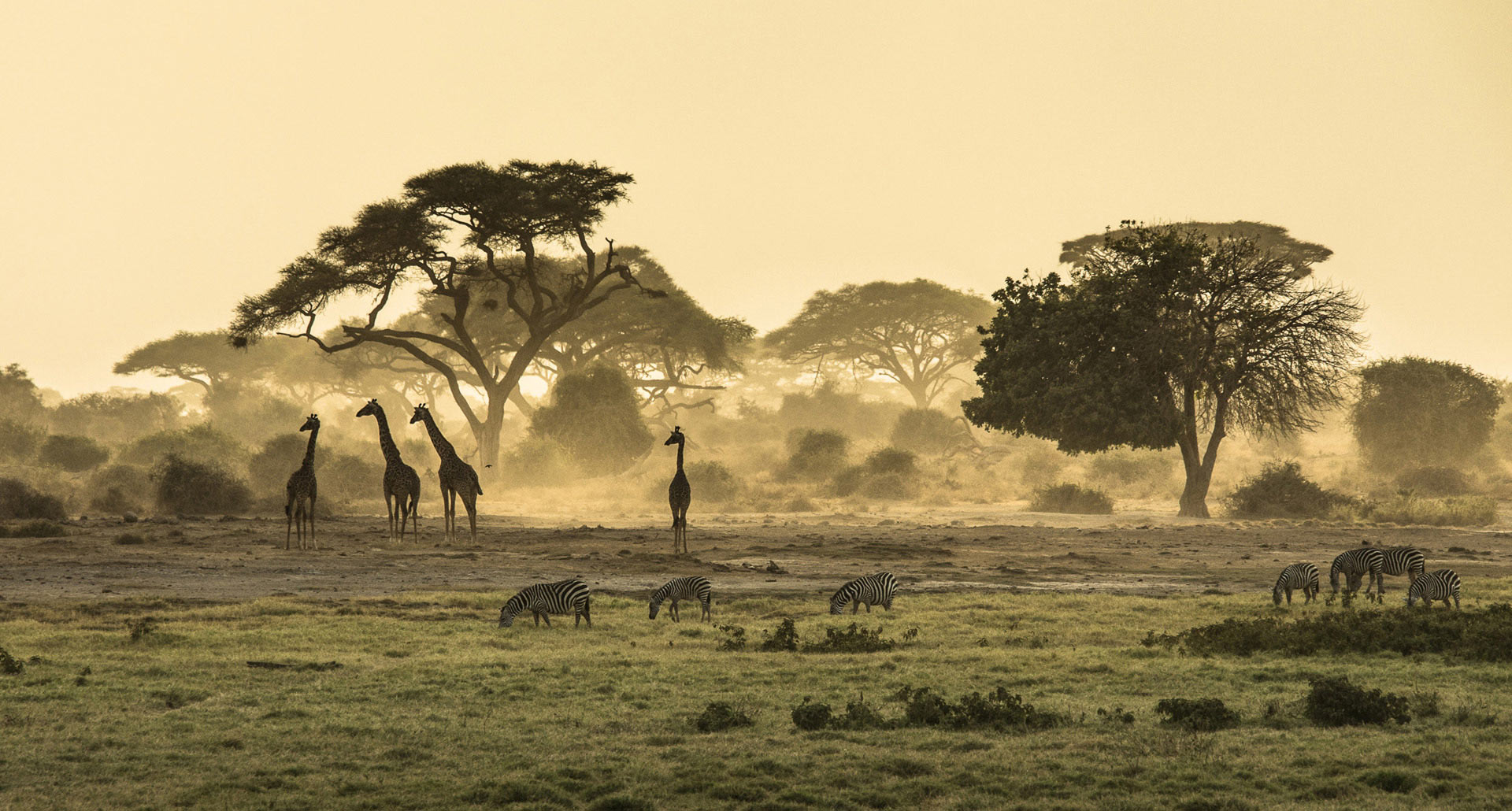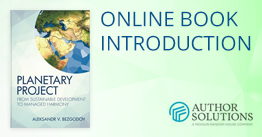MIGRATION
Freedom of movement is an inherited and inalienable right of man according to the Universal Declaration of Human Rights. So is the right to choose a place to live and work. Traveling around the world in search of the best job or career opportunity; choosing a region, country, climate and culture to introduce temporary changes into your life, all of this is one of the most important humanitarian values of contemporary civilisation. It has taken people thousands of years to gain this freedom; and they are right to be proud of achieving it. People are entitled to self-realisation and happiness wherever they want to live rather than where they were born unless the ways they choose to fulfill this right violate the rights of others.
People tend to love their motherland and live in the culture they have lived in since they were born, enjoying the values and ideals that are dear to them. Therefore, leaving your country voluntarily in search of a better life is one thing, but running for your life is quite a different matter. The problem then is not voluntary but forced migration.
It has become a mass phenomenon following the collapse of the colonial system in the second half of the 20th century. Countries of the Old World decided to grant independence to their former colonies in Africa and Asia, but, paradoxically, many people from these newly independent nations chose to go to the countries of their former colonizers seeking economic benefits, human rights and freedoms they could not find at home. The reason is that their country of origin was just going through the initial phases of their development as an independent nation.
Since the civil war broke out in Syria two years ago, forced migration has become a global issue, not just for its sheer scale but because it has become unmanageable. Whole families have fled their country fearing for their life, fleeing from hunger, political persecution and ethnic cleansing. People fled the war and took it with them. Immigrants ran to Europe not only from Syria, but from other troubled countries of the Middle East and Central Asia. Their motivation was not just finding temporary shelter but getting relatively easy access to material and housing options of a higher standard of living. It is not a secret that terrorists arrive in Europe as refugees from the Middle East and Central Asia to carry out acts of retribution and sabotage, as well as to recruit future militants, and suicide bombers.
Unmanaged and uncontrolled migration negatively impacts European and global security generating terrorist threats, ethnic crime, causing the loss if cultural identity, national sovereignty and territorial integrity in the Old World. It is putting a strain on international relations between countries of Europe.
It is not our purpose in this section of the Planetary Project website to pass judgment on one or the other aspects of unmanaged and uncontrolled migration. The only thing we know is that it could either be avoided altogether or the risks it presents could be reduced through a balanced migration policy, timely solutions to global and regional problems associated with this acute and sensitive issue. Here, wе just pose questions and look for solutions.









